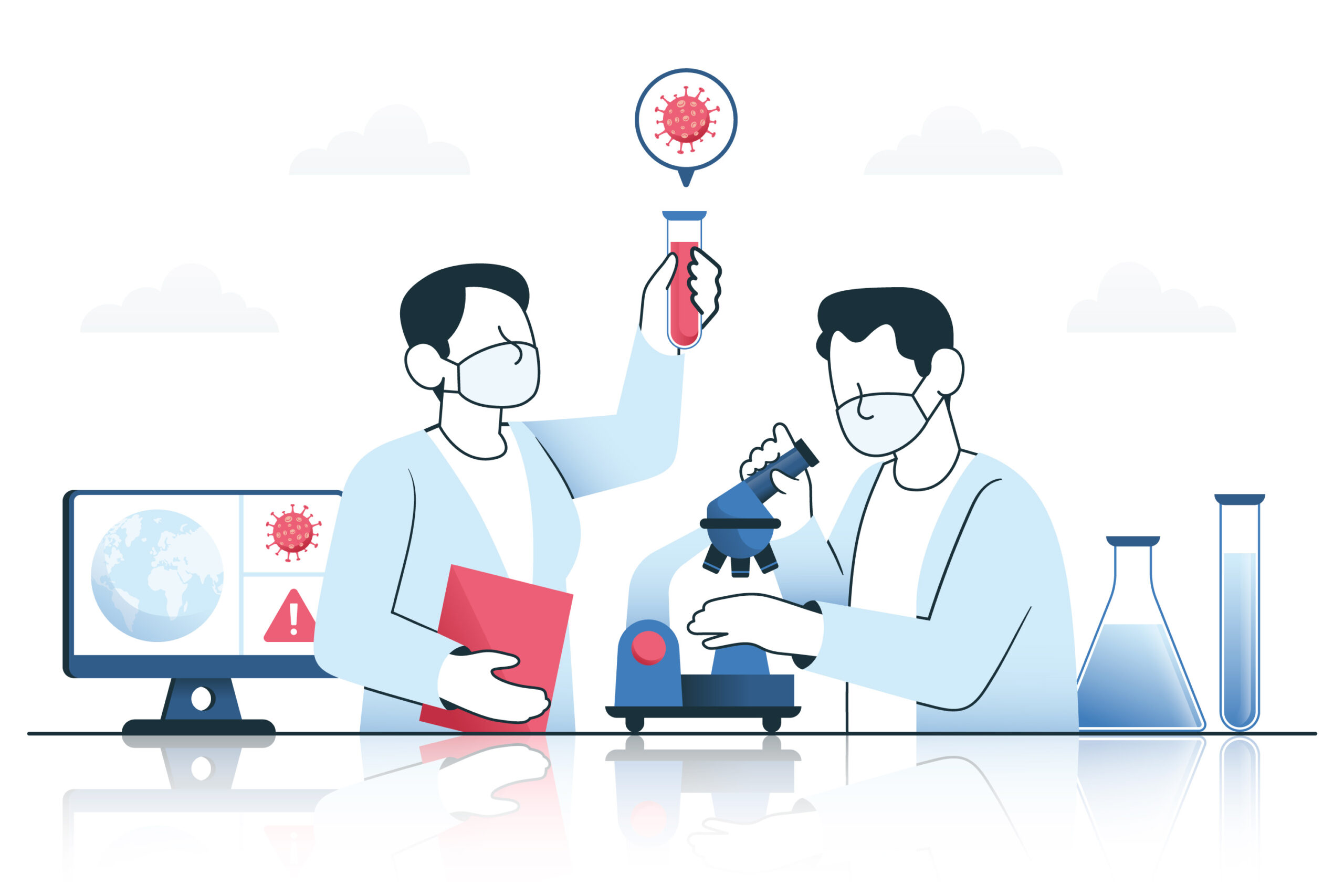
In the rapidly evolving field of clinical research, theoretical knowledge alone is not enough to ensure success. Hands-on training plays a pivotal role in bridging the gap between academic learning and practical application. For those aspiring to enter the clinical research industry, gaining practical experience is not just beneficial—it is essential. Here’s why hands-on training is so crucial for a successful career in clinical research.
1. Understanding Real-World Applications
Clinical research is a complex field that involves numerous protocols, regulations, and procedures. While classroom learning provides a strong theoretical foundation, hands-on training offers the opportunity to apply this knowledge in real-world scenarios. Trainees learn how to conduct clinical trials, manage data, and adhere to regulatory requirements. This practical experience helps them understand the nuances of the field, preparing them for the challenges they will face in their careers.
2. Developing Technical Skills
Clinical research involves the use of various sophisticated tools and technologies. Hands-on training provides exposure to these tools, allowing trainees to develop essential technical skills. Whether it’s using electronic data capture (EDC) systems, managing laboratory samples, or handling medical devices, practical training ensures that future clinical researchers are proficient in the technologies that are integral to the industry.
3. Enhancing Problem-Solving Abilities
The ability to solve problems effectively is a critical skill in clinical research. Hands-on training exposes trainees to real-life issues that may arise during clinical trials, such as patient recruitment challenges, protocol deviations, and data discrepancies. By working through these problems under the guidance of experienced professionals, trainees enhance their problem-solving abilities and learn to think critically and creatively.
4. Building Confidence and Competence
One of the significant benefits of hands-on training is the boost in confidence it provides. As trainees gain practical experience, they become more competent and assured in their abilities. This confidence is crucial when stepping into professional roles, as it enables them to handle responsibilities efficiently and make informed decisions.
5. Networking Opportunities
Hands-on training programs often involve working alongside experienced researchers, healthcare professionals, and industry experts. This interaction provides valuable networking opportunities, allowing trainees to build professional relationships that can be beneficial for their careers. Networking with industry professionals can lead to job opportunities, mentorship, and collaborations in future projects.
6. Meeting Regulatory and Ethical Standards
The clinical research industry is heavily regulated to ensure the safety and efficacy of new treatments. Hands-on training familiarizes trainees with Good Clinical Practice (GCP) guidelines, ethical considerations, and regulatory requirements. Understanding these standards is essential for conducting compliant and ethical research, making trainees more attractive to potential employers.
7. Improving Soft Skills
In addition to technical skills, hands-on training helps in developing crucial soft skills such as communication, teamwork, and time management. Clinical research is often a collaborative effort that requires effective communication with colleagues, participants, and stakeholders. Practical training scenarios help trainees hone these skills, ensuring they can work efficiently in diverse team settings.
8. Gaining a Competitive Edge
In a competitive job market, hands-on experience sets candidates apart from those with only theoretical knowledge. Employers value practical experience as it indicates that the candidate is not only knowledgeable but also capable of applying their knowledge effectively. Hands-on training provides this edge, making candidates more attractive to hiring managers.
Hands-on training in clinical research is indispensable for anyone looking to enter the industry. It provides practical experience, develops essential skills, builds confidence, and enhances employability. By bridging the gap between theoretical learning and real-world application, hands-on training prepares aspiring clinical researchers for successful and rewarding careers in the field. If you are considering a career in clinical research, seek out opportunities for practical training to ensure you are well-prepared to meet the demands of this dynamic and vital industry.















